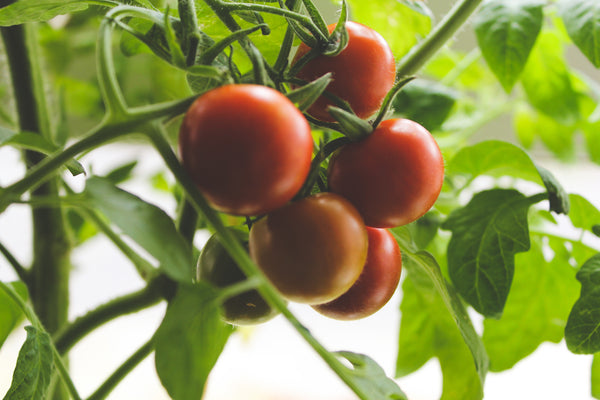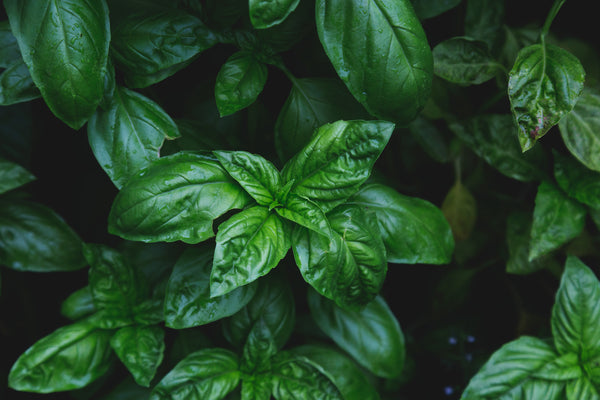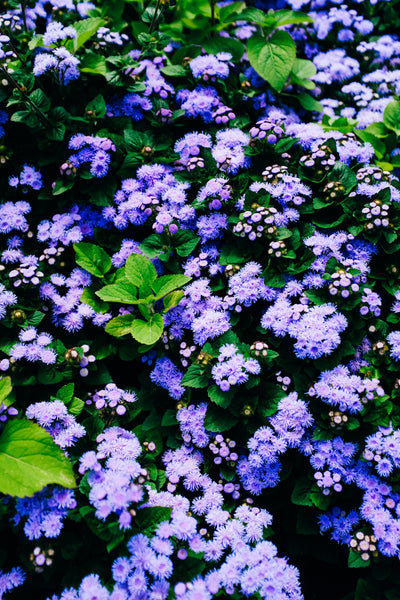The windowsill can be a great place for a plant to hang out. If you have a bright, south-facing window, you can grow herbs, start seeds, and use the sun to power your indoor gardening endeavors. However, if you’re like many of us, you might not have a big, south-facing window that your plants can enjoy. Luckily, your plants don’t need to take a plane to warmer climates to seek the sun – grow lights make it possible to apply artificial light for seedlings and grow plants anywhere in your home.

Plants need light to create the food that they use to grow. Without adequate light, they will be spindly, discoloured, and prone to disease. With artificial lights, you can give your plants a boost that allows them to grow vigorously in a warm, bright environment.
Artificial lights come in many different sizes, from small, self-contained systems designed to produce indoor greens to tube banks that you can place over hundreds of seedlings in the early spring. While your indoor light bulbs might work for reading, plants need light that’s close in quality to sunlight. Look for full spectrum lights that are specifically designed for use with plants, and if possible, put your lights on timers to make sure that your plants get an entire day’s worth of light.
What can you grow under your lights? If you’re longing for fresh, local greens in the winter, adding micro-greens to your plate might be just the thing. These greens are similar to sprouts, but they’re grown in soil with natural or artificial light. Harvested as they start to grow their leaves, they are nutritious, fresh, and very, very local. Greens like lettuce also grow well under lights. Combine these with kale from your winter garden, and you’ll have an entirely local salad on your plate in January!
As we move into the seed-starting season, artificial lights are also a boon to gardeners in cool, rainy climates, who want to get a head start on growing.
Check your seed packages first: some seeds prefer to be planted outdoors, and indoor starts only like to stay inside for a certain number of weeks before they’re ready for the fresh air and natural sunlight. Keep your seedlings close to the lights, but far enough away that all parts of the plant receive light.
Whether you plan to light up your January plate with some fresh greens or you’re trying to get a jump on the growing season, using artificial lights can help you on your way as we move through the cool, dark months of the year.



